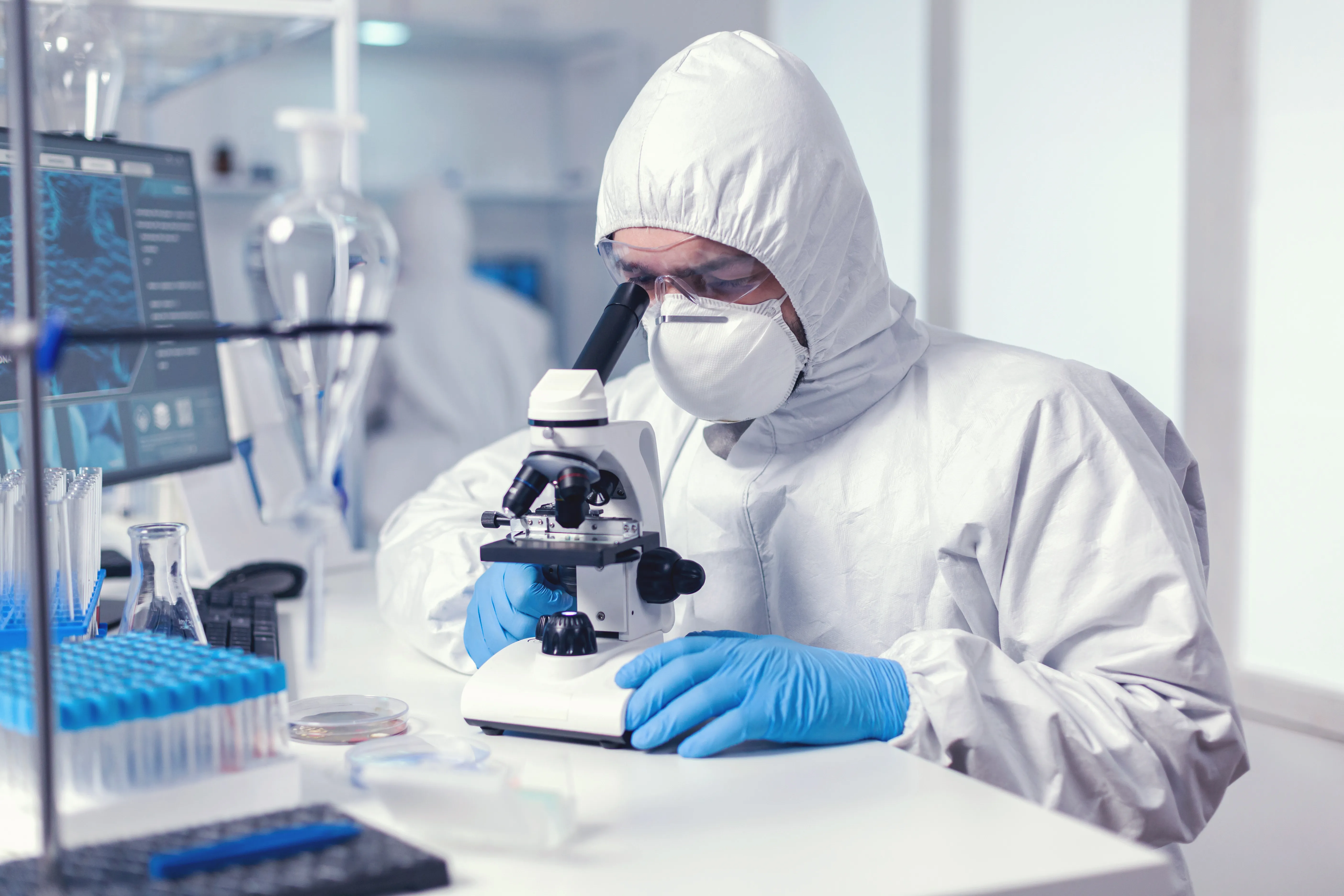BSc Microbiology Details You Need To Know

BSc Microbiology is an undergraduate course that studies microorganisms, including bacteria, viruses, fungi, and parasites. Microbiology is a branch of biology that focuses on identifying, classifying, and studying microorganisms and their effect on human health and the environment. This course is ideal for students interested in exploring the fascinating world of microbes and wanting to make a microbiology career. In this blog, we will discuss the BSc microbiology course details.
BSc Microbiology Eligibility Criteria
The eligibility criteria for pursuing BSc Microbiology course is as follows:
- The candidate should have completed 10+2 with science stream, including Physics, Chemistry, and Biology as core subjects.
- The candidate should have secured a minimum of 50% marks in the qualifying examination.
- Some universities also conduct entrance exams for admission to BSc Microbiology course.
BSc Microbiology Course Duration
BSc Microbiology is a three-year undergraduate course that is divided into six semesters. Each semester is of six months duration.
BSc Microbiology Course Curriculum
The BSc microbiology course details is designed to provide students with a strong foundation in microbiology, immunology, genetics, biochemistry, and molecular biology. The following is a brief overview of the subjects covered in the BSc Microbiology course:
- Microbial Diversity: This subject covers the classification, identification, and study of microorganisms, including bacteria, viruses, fungi, and parasites.
- Cell Biology: This subject covers the structure and function of cells, including prokaryotic and eukaryotic cells.
- Biochemistry: This subject covers the basic principles of biochemistry, including the structure and function of proteins, carbohydrates, lipids, and nucleic acids.
- Immunology: This subject in BSc medical microbiology covers the study of the immune system and the body's response to infectious agents.
- Genetics: This subject covers the study of genetic material, including DNA and RNA, and the principles of inheritance.
- Molecular Biology: This subject in BSc medical microbiology covers the study of molecular structures and their functions, including DNA replication, transcription, and translation.
- Medical Microbiology: This subject covers the study of infectious diseases, including their pathogenesis, diagnosis, and treatment.
- Environmental Microbiology: This subject covers the study of microorganisms in natural and artificial environments and their impact on the environment.
- Industrial Microbiology: This subject in BSc medical microbiology covers the study of microorganisms in industrial processes, including fermentation, production of antibiotics, and bioremediation.
BSc Microbiology Career Opportunities
BSc Microbiology graduates have a wide range of career opportunities in various science and healthcare fields. Some of the major career options available after completing BSc Microbiology are:
- Medical Microbiologist: BSc Microbiology graduates can work as medical microbiologists in hospitals, diagnostic laboratories, and research organizations. They can analyze patient samples, identify infectious agents, and recommend appropriate treatment options.
- Pharmaceutical Industry: BSc Microbiology graduates can work in the pharmaceutical industry as research scientists, quality control analysts, and product development managers. They can help develop new drugs and vaccines to treat infectious diseases and improve the quality of existing products.
- Food Industry: BSc Microbiology graduates can work in the food industry as food safety specialists, quality control analysts, and research scientists. They can help ensure the safety and quality of food products by monitoring for microbial contamination and developing new methods to prevent contamination.
- Environmental Microbiology: BSc Microbiology graduates can work in environmental microbiology as environmental microbiologists, bio-remediation specialists, and soil scientists. They can study microorganisms in natural and artificial environments and develop methods to control microbial contamination and pollution.
- Research and Development: BSc Microbiology graduates can work in research and development organizations as research assistants, laboratory
Scope of BSc Medical Microbiology
BSc Medical Microbiology is an undergraduate degree program that focuses on studying microorganisms and their interactions with human beings. This degree program provides students with a strong foundation in microbiology, immunology, genetics, biochemistry, and molecular biology. The scope of BSc Medical Microbiology is vast, and it offers numerous career opportunities in various science and healthcare fields. Here are some of the major career opportunities available after completing a BSc Medical Microbiology degree:
- Medical Microbiologist: BSc Medical Microbiology graduates can work as medical microbiologists in various hospitals, diagnostic laboratories, and research organizations. They can analyze patient samples, identify infectious agents, and recommend appropriate treatment options. They can also conduct research to develop new diagnostic methods and treatment options for infectious diseases.
- Pharmaceutical Industry: BSc Medical Microbiology graduates can work in the pharmaceutical industry as research scientists, quality control analysts, and product development managers. They can help develop new drugs and vaccines to treat infectious diseases and improve the quality of existing products.
- Public Health: BSc Medical Microbiology graduates can work in public health organizations as epidemiologists, infection control specialists, and public health educators. They can monitor disease outbreaks, develop public health policies, and educate the public about infectious diseases.
- Academic and Research Institutions: BSc Medical Microbiology graduates can work in academic and research institutions as research assistants, laboratory technicians, and teaching assistants. They can conduct research in various areas of microbiology and teach microbiology courses to undergraduate and graduate students.
- Food Industry: BSc Medical Microbiology graduates can work in the food industry as food safety specialists, quality control analysts, and research scientists. They can help ensure the safety and quality of food products by monitoring for microbial contamination and developing new methods to prevent contamination.
- Environmental Microbiology: BSc Medical Microbiology graduates can work in environmental microbiology as environmental microbiologists, bio-remediation specialists, and soil scientists. They can study microorganisms in natural and artificial environments and develop methods to control microbial contamination and pollution.
In addition to these career opportunities, BSc Medical Microbiology graduates can also pursue higher studies and research in their field of interest. They can opt for postgraduate programs such as MSc Medical Microbiology, PhD in Microbiology, or pursue professional courses such as Clinical Research, Biotechnology, and Immunology to further enhance their skills and knowledge.
In conclusion, BSc Medical Microbiology is a highly rewarding and versatile degree program that offers a wide range of career opportunities in various fields of science and healthcare. The scope of BSc Medical Microbiology is vast, and with the right skills, knowledge, and attitude, graduates can achieve great success in their chosen careers. BSc Medical Microbiology is a perfect choice for students who are interested in microbiology, immunology, and biochemistry and want to make a significant contribution to the field of science and healthcare.
.webp)

